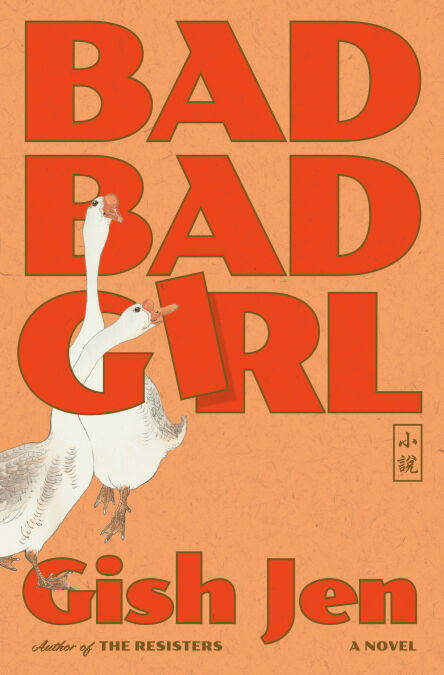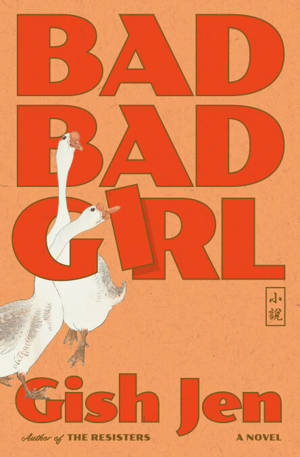
- Retrait gratuit dans votre magasin Club
- 7.000.000 titres dans notre catalogue
- Payer en toute sécurité
- Toujours un magasin près de chez vous
- Retrait gratuit dans votre magasin Club
- 7.000.0000 titres dans notre catalogue
- Payer en toute sécurité
- Toujours un magasin près de chez vous
Description
The award-winning author of The Resisters returns with an engrossing, blisteringly funny-sad autobiographical novel tracing a tumultuous mother-daughter relationship.
My mother had died, but still I heard her voice. . .
Gish’s mother, Loo Shu-hsin, is born in 1924 to a wealthy Shanghai family whose girls are expected to restrain themselves. Her beloved nursemaid—far more loving to than her real mother—is torn from her even as she is constantly reprimanded: “Bad bad girl! You don’t know how to talk!” Sent to a modern Catholic school by her progressive father, she receives not only an English name—Agnes—but a first-rate education. To his delight, she excels. But even then he can only sigh, “Too bad. If you were a boy, you could accomplish a lot.” Agnes finds solace in books and, in 1947, announces her intention to pursue a PhD in America. As the Communist revolution looms, she sets sail—never to return.
Lonely and adrift in New York, she begins dating Jen Chao-Pe, an engineering student. They do their best to block out the increasingly dire plight of their families back home and successfully establish a new American life: Marriage! A house in the suburbs! A number one son! By the time Gish is born, though, the news from China is proving inescapable; their marriage is foundering; and Agnes, confronted with a strong-willed, outspoken daughter distinctly reminiscent of herself, is repeating the refrain—“Bad bad girl! You don’t know how to talk!”—as she recapitulates the harshness of her own childhood.
Spanning continents, generations, and cultures, Bad Bad Girl is a novel only Gish Jen could have written: genre-bending, courageous, wise, and as immensely incisive as it is compassionate.
My mother had died, but still I heard her voice. . .
Gish’s mother, Loo Shu-hsin, is born in 1924 to a wealthy Shanghai family whose girls are expected to restrain themselves. Her beloved nursemaid—far more loving to than her real mother—is torn from her even as she is constantly reprimanded: “Bad bad girl! You don’t know how to talk!” Sent to a modern Catholic school by her progressive father, she receives not only an English name—Agnes—but a first-rate education. To his delight, she excels. But even then he can only sigh, “Too bad. If you were a boy, you could accomplish a lot.” Agnes finds solace in books and, in 1947, announces her intention to pursue a PhD in America. As the Communist revolution looms, she sets sail—never to return.
Lonely and adrift in New York, she begins dating Jen Chao-Pe, an engineering student. They do their best to block out the increasingly dire plight of their families back home and successfully establish a new American life: Marriage! A house in the suburbs! A number one son! By the time Gish is born, though, the news from China is proving inescapable; their marriage is foundering; and Agnes, confronted with a strong-willed, outspoken daughter distinctly reminiscent of herself, is repeating the refrain—“Bad bad girl! You don’t know how to talk!”—as she recapitulates the harshness of her own childhood.
Spanning continents, generations, and cultures, Bad Bad Girl is a novel only Gish Jen could have written: genre-bending, courageous, wise, and as immensely incisive as it is compassionate.
Les avis
Nous publions uniquement les avis qui respectent les conditions requises. Consultez nos conditions pour les avis.







